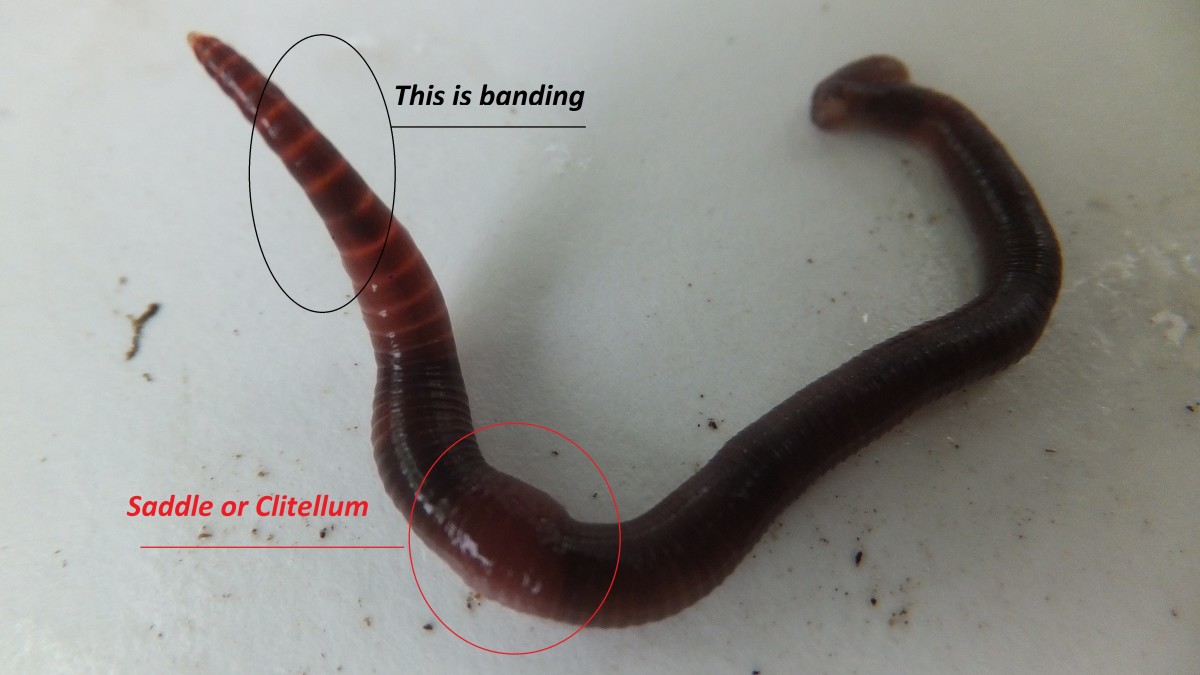Red Wiggler Worms Demystified: Opening the Tricks of Vermiculture for Greener Living and Nutrient-Rich Dirt
In the realm of lasting practices for improving soil top quality and advertising eco-conscious living, red wiggler worms play a critical yet often forgotten duty. Red Wiggler Worms. Comprehending the intricacies of caring for these worms, maximizing their atmosphere, and using their castings can lead to a greener way of life and healthier dirt for plants to flourish.
The Duty of Red Wiggler Worms
Red Wiggler worms play a vital function in composting systems by effectively damaging down organic matter right into nutrient-rich spreadings. These starved eaters take in a selection of organic materials, such as cooking area scraps, yard waste, and paper products. As they feed, the worms' digestive system processes break down the raw material into a penalty, dark, and nutrient-dense product referred to as worm castings or vermicompost.
The castings created by Red Wiggler worms are extremely beneficial for soil health and wellness and plant development. They are abundant in important nutrients like nitrogen, phosphorus, and potassium, which are important for sustaining healthy and balanced plant growth. In addition, worm castings include helpful germs and enzymes that help improve soil structure, rise water retention, and boost nutrient uptake by plants.
Benefits of Vermicomposting

It boosts dirt structure, enhances soil oygenation, and increases soil moisture retention. Vermicompost additionally enriches the soil with crucial nutrients like potassium, nitrogen, and phosphorus, promoting plant growth and general soil fertility.
In addition, vermicomposting supports sustainable gardening methods by giving a natural and chemical-free option to artificial plant foods. Red Wiggler Worms. This eco-friendly method not just enriches the dirt yet additionally helps in reducing dependence on damaging chemicals, advertising a greener and extra sustainable way of gardening
Establishing Up a Worm Container
When developing a worm container for vermicomposting, proper configuration is critical to guarantee the success of the composting process. The very first action in establishing up a worm container is picking an appropriate container.
After adding the bedding, present the red wiggler worms to the bin. The worms need to after that be supplied with food scraps such as fruit and veggie peels, coffee grounds, and eggshells.
Consistently monitor the moisture degrees and temperature in the worm container to ensure ideal conditions for the worms. With appropriate arrangement and maintenance, the worm container will efficiently transform organic waste into nutrient-rich garden compost for your YOURURL.com plants and garden.
Gathering Worm Castings
To successfully gather nutrient-rich worm castings from your vermicomposting system, an organized harvesting method is crucial. When it comes time to gather the worm spreadings, there are a few vital actions to follow to guarantee a successful procedure. Firstly, quit adding fresh food scraps away of the worm container for a pair of weeks before collecting. This urges the worms to migrate sideways with fresh bedding and food, making it much easier to dig the castings from the opposite side.

Troubleshooting Common Issues
Recognizing and addressing common challenges that might emerge throughout the vermicomposting procedure go to this site is crucial for maintaining a healthy and productive worm bin. One typical problem that vermicomposters experience is overfeeding. Adding excess food scraps can bring about a build-up of moisture and acidity in the worm bin, potentially harming the worms. To stop this, feed the worms in small amounts, ensuring that the food scraps are properly damaged down prior to including a lot more. One more issue is unpleasant smells rising from the worm container. Foul smells indicate anaerobic problems, commonly brought on by overwatering or insufficient ventilation. To treat this, change the moisture levels by including dry bed linen products like shredded paper or cardboard and rise oygenation by turning the bedding on a regular basis.
Additionally, if the worm populace is declining or the worms appear unhealthy, it can be as a result of ecological stressors such as severe temperature levels or pH levels. Keeping an eye on these elements and making necessary adjustments is crucial for the wellness of the worms. By troubleshooting these common concerns without delay, vermicomposters can make certain a smooth and effective vermicomposting process while keeping a thriving worm population.

Conclusion
To conclude, red wiggler worms play a vital duty in vermiculture by damaging down raw material right into nutrient-rich dirt. The advantages of vermiculture include greener living and enhanced Read More Here soil quality. Setting up a worm bin is vital for effective vermiculture, and collecting worm spreadings provides useful garden compost for horticulture. By comprehending and fixing typical concerns, individuals can unlock the keys of vermiculture for sustainable living and much healthier dirt.
As they feed, the worms' gastrointestinal procedures damage down the organic issue into a penalty, dark, and nutrient-dense product known as worm castings or vermicompost.
The spreadings created by Red Wiggler worms are highly advantageous for dirt health and wellness and plant growth. Adding excess food scraps can lead to a build-up of dampness and level of acidity in the worm container, possibly damaging the worms.Furthermore, if the worm population is declining or the worms show up undesirable, it could be due to ecological stressors such as extreme temperature levels or pH levels. Establishing up a worm container is necessary for successful vermiculture, and collecting worm castings supplies valuable garden compost for gardening.